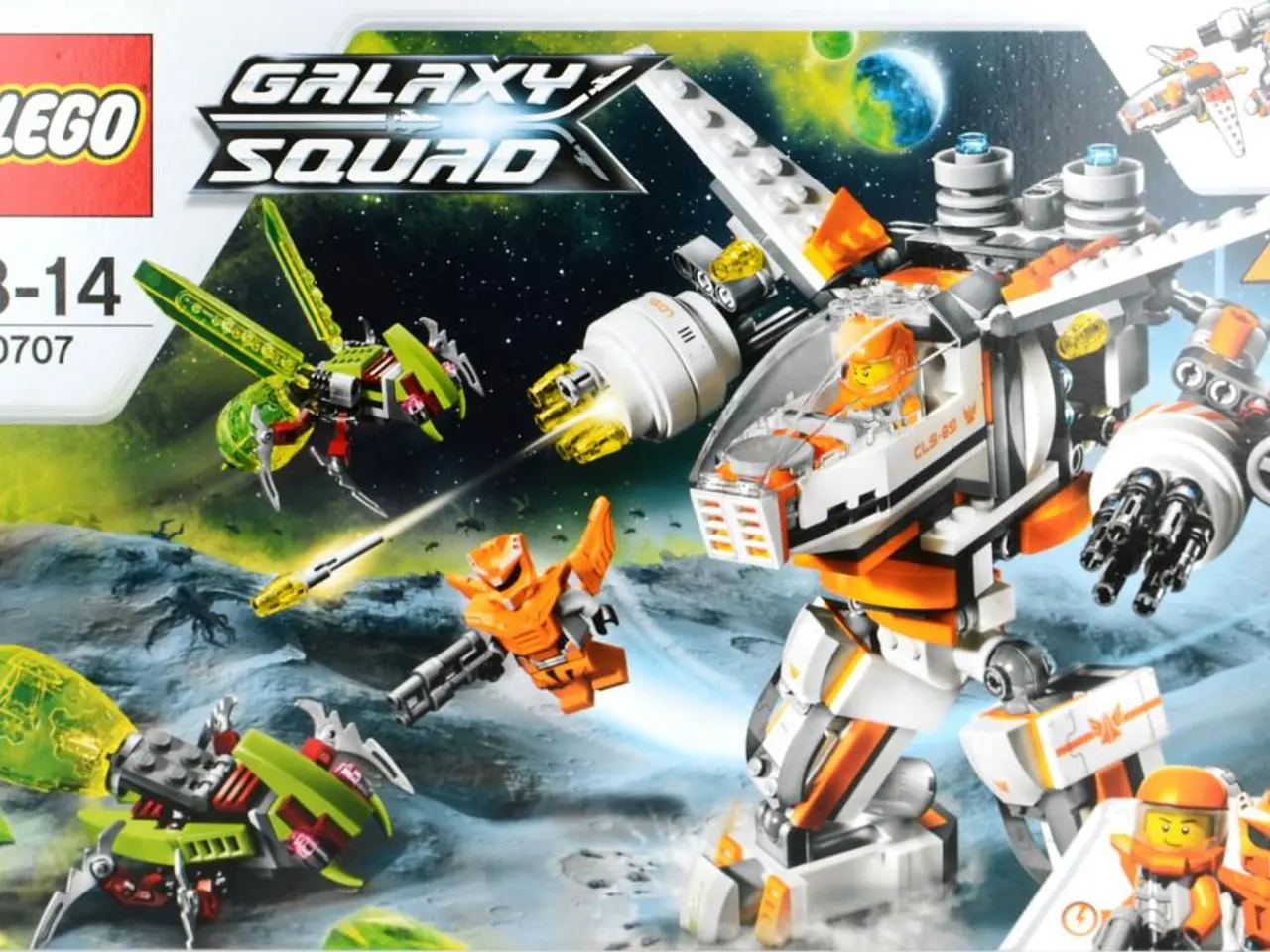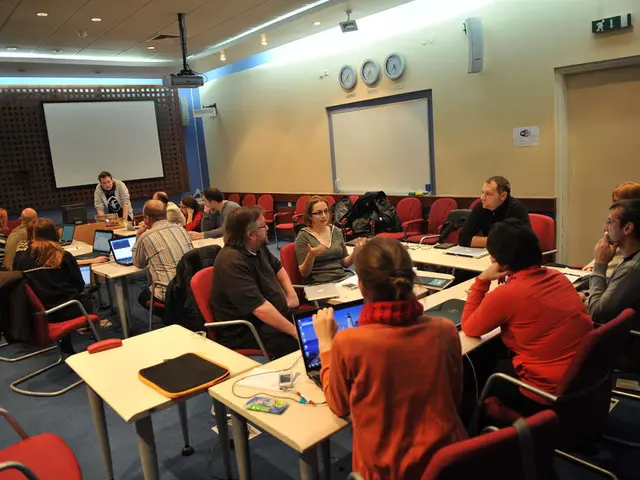AI-Human-Claude Relationship in the Modern Age Examined
In today's digital age, artificial intelligence (AI) chatbots like Claude and ChatGPT have become increasingly popular among young people, influencing their emotional development and capacity for real connections in complex ways.
One of the most significant advantages of AI chatbots is their ability to offer emotional support. By using anthropomorphic features like human-like voices, facial expressions, and emotionally resonant responses, these tools can trigger social cognitive mechanisms similar to human-to-human interaction. This emotional engagement can be particularly beneficial for young people who may lack real human support, promoting self-disclosure and emotional engagement[1].
However, this emotional support comes with a risk of dependency. Many young people treat chatbots like friends and confide in them, finding comfort in simulated conversations without the fear of rejection or awkward silences. This emotional relief can help with loneliness, identity struggles, and social anxiety[2]. Yet, experts warn that this emotional reliance on AI may hinder real social interaction skills and emotional growth[3].
The lines between AI and real connections can become blurred as chatbots simulate reciprocal relationships, creating a feeling of closeness and attachment that can feel authentic to users. However, these relationships lack the mutuality and developmental challenge inherent in human relationships[2][4].
Moreover, the overuse of AI for emotional support may have negative impacts on emotion regulation. Privacy and safety concerns related to AI chatbots may overstimulate threat-processing areas of the brain in adolescents, potentially heightening anxiety and withdrawal[1].
While AI chatbots may offer accessible emotional support for some young people, the long-term consequences on social skills, emotional maturity, and real-world relationship building remain underexplored[3][4]. There is concern that excessive reliance on AI for emotional connection could discourage seeking genuine human help and interaction.
It's essential to encourage young people to tolerate awkward silences, send imperfect texts, and learn that they can survive imperfection. Overreliance on AI may lead to a loss of capacity for mess, friction, and vulnerability, which are crucial elements of human relationships.
In conclusion, while AI chatbots provide an emotionally supportive and validating space, their widespread use also risks fostering emotional dependency, blurring distinctions between simulated and real connection, and potentially limiting crucial social and emotional growth that comes from authentic human relationships. Further research is needed to fully understand these nuanced impacts.
References: [1] Kee, H. J., & Kee, J. (2021). Emotional support seeking from artificial intelligence chatbots: A review of the literature. Journal of Medical Internet Research, 23(6), e24401. [2] Kushniruk, A. (2021). Can therapy bots help or hurt? The complex relationship between emotional support and AI. The Conversation. [3] Livingstone, S., & Helsper, E. (2008). Young people, technology, and the future of the public sphere: The impact of the internet on political engagement among young people in the UK. New Media & Society, 10(3), 393-411. [4] Schroeder, J., & Singer, J. E. (2018). The social implications of AI: A review of the literature. Journal of Business Research, 94, 137-147.
- Emotional engagement with AI chatbots can be beneficial for young people in their career development, as it promotes self-disclosure and exploration of personal issues.
- Despite the convenience of seeking emotional support through AI chatbots, it's crucial for young people to prioritize education-and-self-development and face-to-face relationships to foster emotional maturity and real-world social skills.
- With advancements in technology, businesses have the opportunity to leverage AI chatbots as a means to offer personalized lifestyle recommendations, but supportive relationships should not be solely relied upon in the digital realm.
- As relationships with AI chatbots grow more intricate, it's essential to maintain a healthy perspective, understanding that true growth and development—in terms of health, lifestyle, and personal relationships—occurs through authentic human interactions.




